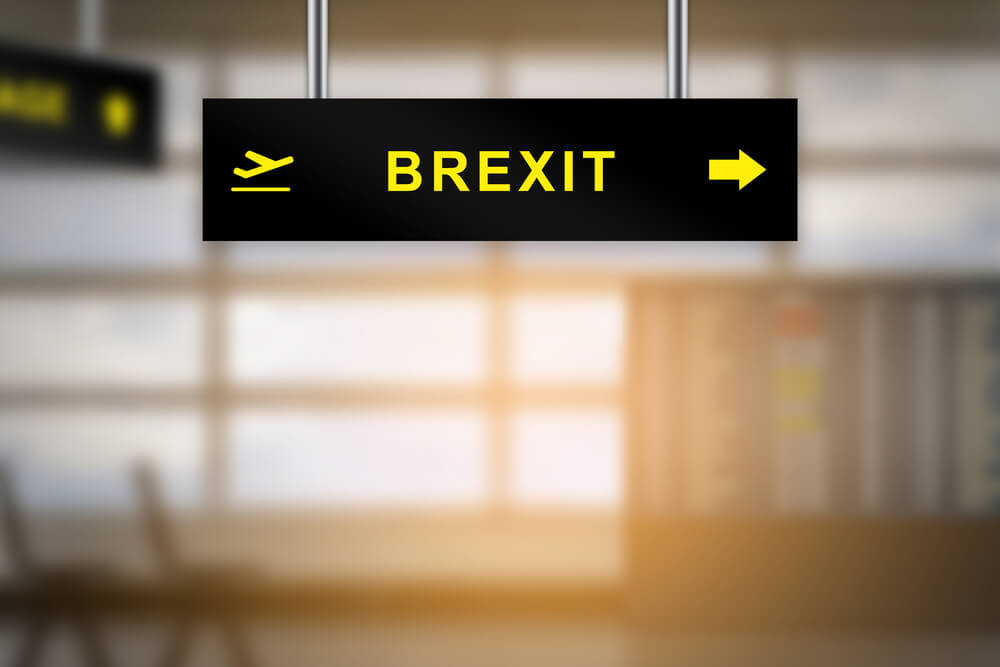The Prime Minister Teresa May has today confirmed that when she says ‘Brexit Means Brexit’ she means that the UK will leave the single market when it leaves the European Union. The single market is a trade bloc that guarantees the ‘four freedoms’ of the European Union: goods, capital, services and people. Leaving the single market is therefore likely to mean the end of freedom of movement rights currently enjoyed by EEA nationals and their family members and that new migrants from EEA countries will be subject to UK immigration control.
Currently, all member states of the EEA (being the EU Member States, Iceland, Liechtenstein, Norway and Switzerland) have access to the single market. For immigration purposes this means that EEA nationals and their family members are able to move freely around the single market and can live and work in any other member state without the need to obtain approval under local immigration laws. It is legally possible for the UK to leave the EU and retain access to the single market under the so-called ‘Norway model’ but Mrs May has now effectively ruled out this option.
Mrs May’s speech today makes it clear that EEA nationals will need to obtain some form of immigration approval to live and work in the UK following the UK’s exit from the EU. This shouldn’t apply to EEA nationals and their family members currently in the UK, as she restated her intention to guarantee their status. But she has not to date guaranteed their status or provided any detail as to the form of any such guarantee. Noting that the government’s continued objective is to control immigration, it is likely to seize the opportunity to bring in a system which will enable it to reach its goal of reducing net migration to the ‘tens of thousands’. Mrs May stated that while she will seek to provide certainty as soon as possible, “Brexit must mean control of number of people coming to Britain from Europe”. It remains to be seen whether EEA nationals will be forced to rely on the Points Based System of the Immigration Rules or whether a new ‘EEA national’ route will be introduced.
EEA nationals who have been exercising Treaty rights in the UK for more than five continuous years will have acquired a right of permanent residence and Brexit should not affect that status. For EEA nationals who have been exercising Treaty rights in the UK for less than five continuous years the future is uncertain but in the meantime they continue to have freedom of movement rights. Further details should emerge over the coming months but in the meantime EEA nationals and their family members are advised to apply to the Home Office for residence documents to evidence their right to live and work in the UK as soon as possible. If dual nationality is permitted by their home government EEA nationals and their family members should also consider naturalising as British citizens to ensure that they are in the strongest possible position following the UK-EU divorce.
The Immigration Team at Teacher Stern is able to assist with applications under the Immigration Rules and EU and nationality law.
For further information please contact Danielle Ramdel or Clare Taylor






